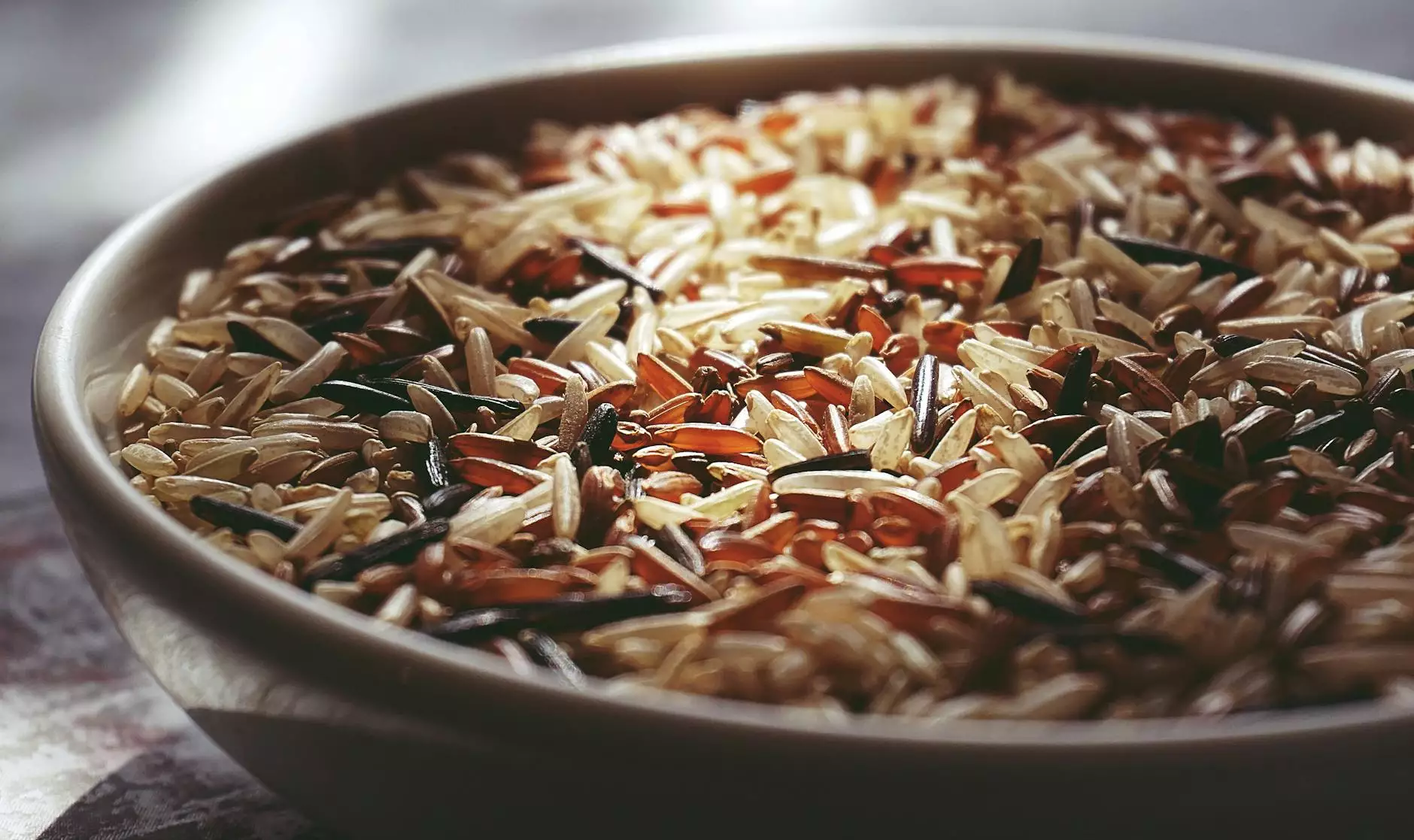Understanding Grain Care: Best Practices and Equipment for Farmers

Grain care is a critical aspect of agricultural productivity, influencing both the quality of the harvest and the overall success of farming operations. As farmers, our primary objective is to maximize yield and profitability, and effective grain care is integral to achieving these goals. In this article, we will explore the various dimensions of grain care, from storage techniques to maintenance of farming equipment, especially focusing on how these elements can collectively enhance your agricultural endeavors.
What Is Grain Care?
Grain care involves a systematic approach to managing grain from the moment it is harvested until it reaches the final consumer. This includes ensuring quality preservation, handling, storage, and transport processes that maintain the integrity of the grain. Quality grain care practices lead to better yield returns and prevent losses due to spoilage or damage.
The Importance of Grain Care in Agriculture
Managing grain effectively has multiple benefits. The importance can be summarized as follows:
- Quality Maintenance: Proper grain handling prevents moisture retention and infestation, keeping the grains healthy for consumption.
- Cost Efficiency: Investing in good grain care practices reduces waste and optimizes storage, ultimately saving money.
- Market Value: High-quality grain fetches better prices in the market, directly impacting a farmer’s revenue.
- Long-Term Sustainability: Healthy grain practices contribute to sustainable farming by utilizing resources efficiently.
Key Components of Effective Grain Care
There are several vital components that define effective grain care. A holistic approach involves understanding each aspect, which can significantly improve outcomes. The main components include:
1. Harvest Management
The harvest stage is foundational to grain care. Proper timing and technique during harvest can prevent losses and ensure the grains are ready for subsequent processes. Key practices include:
- Monitoring moisture levels in the grain.
- Using appropriate harvesting equipment that reduces grain damage.
- Prompt collection of grains to prevent exposure to adverse weather conditions.
2. Transportation
After harvest, transporting grain safely is paramount. Considerations should include:
- Using clean and dry transport vehicles to prevent contamination.
- Avoiding overloading to minimize physical damage.
- Ensuring a smooth transition from field to storage to maintain quality.
3. Storage Solutions
The storage phase is crucial for maintaining grain quality. Inefficient storage can lead to spoilage, pest infestations, and product loss. Effective strategies include:
- Utilizing grain bins and silos that help control temperature and humidity.
- Regularly inspecting storage facilities for signs of wear and tear.
- Implementing pest control measures in storage areas.
4. Quality Control
Conducting regular quality assessments is vital. This involves:
- Testing for moisture content.
- Checking for pests and mold.
- Conducting annual audits of storage facilities.
Farming Equipment and Its Role in Grain Care
The effectiveness of grain care practices heavily relies on the quality and condition of farming equipment. Investing in reliable farming machinery not only ensures efficient processing but also complements overall grain care strategies. Key types of equipment include:
1. Harvesting Equipment
Modern harvesting technology, such as combines, plays a crucial role in effective processing and grain collection. When selecting harvesting equipment, consider:
- Machine efficiency and output rates.
- Ease of operation and maintenance.
- Technological features that assist in quality monitoring.
2. Storage Solutions and Equipment
Proper storage solutions, such as airtight bins, are essential for maintaining grain quality. Factors to consider include:
- Material durability and insulation properties.
- Mechanisms for aeration and temperature control.
- Scalability based on production size.
3. Maintenance Equipment
Regular maintenance of farming equipment is essential. This includes:
- Routine checks: Ensure that all equipment is functioning correctly to prevent costly breakdowns.
- Professional services: Consider engaging in professional farming equipment repair services from trusted sources like tsgcinc.com.
- Parts replacement: Use genuine parts to maintain warranty and performance level.
Common Challenges in Grain Care and Their Solutions
While integrating grain care practices, farmers often face various challenges. Identifying these challenges can help implement effective solutions. Common difficulties include:
1. Pest Infestations
Pests can cause significant losses if not monitored closely. Solutions involve:
- Routine inspections of stored grains.
- Utilizing pest-resistant storage facilities.
- Employing natural pest control measures where feasible.
2. Moisture Control
Excess moisture can lead to mold growth and quality degradation. Effective measures include:
- Using dehumidifiers in storage areas.
- Monitoring moisture levels diligently during storage.
- Ensuring proper ventilation systems in storage units.
3. Equipment Downtime
Downtime due to equipment failures can severely affect grain care protocols. Preventive strategies include:
- Scheduling regular maintenance and inspections.
- Keeping spare parts on hand for quick repairs.
- Partnering with reliable equipment repair services, such as those offered by tsgcinc.com.
The Future of Grain Care in Farming
As technology evolves, the future of grain care looks promising, with various innovations aimed at enhancing productivity and sustainability. Key trends to observe include:
- Automation: Advancements in smart farming technologies can automate many aspects of grain care.
- Data Analytics: The use of agricultural data analytics can lead to more informed decision-making in grain management.
- Sustainability Practices: There is a growing emphasis on sustainable practices that minimize the environmental impact of agriculture.
Conclusion
Effective grain care is indispensable for farmers aiming to maximize their yield and optimize their operations. From proper harvesting techniques and careful transportation to innovative storage solutions and the maintenance of farming equipment, each aspect plays a vital role in sustaining agricultural success. By investing in reliable services and understanding the essential practices outlined in this guide, farmers can ensure that their grain remains in optimal condition, leading to greater profitability and sustainability.
Initiate better grain care practices today and consider contacting professional repair services, such as those available at tsgcinc.com, to enhance your farming operations. With the right approach, you can pave the way for a successful and flourishing agricultural future.









